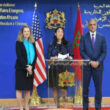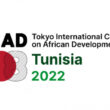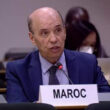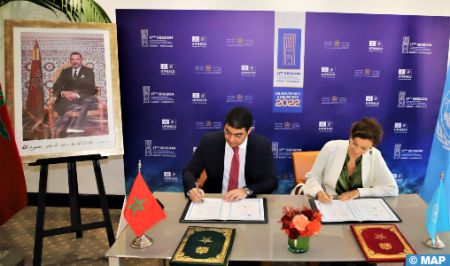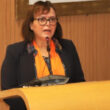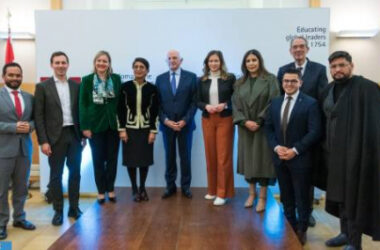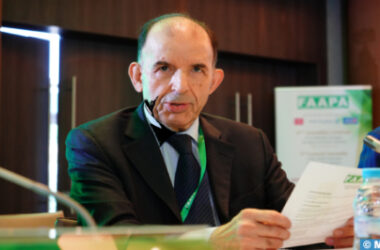Under this framework agreement, inked by Minister of Youth, Culture and Communication, Mohammed Mehdi Bensaid, and Director-General of UNESCO, Audrey Azoulay, both parties agree to provide their expertise to capacity building activities in the field of world heritage, those of actors in the fight against illicit trafficking of cultural property as well as museum specialists to contribute to the fight against illicit trafficking of such property and to the conservation of collections, the establishment of inventories and the promotion of the role of museums in Africa for societies.
In addition to capacity building, this partnership also includes a technical cooperation component with UNESCO “for the implementation of short or long term missions of Moroccan experts in the beneficiary States, the hosting in public organizations in Morocco of civil servants or technicians from the beneficiary States for training programs, the organization in the beneficiary States of short or long term training sessions, as well as technical seminars and participation of the partner in different national and international events organized by UNESCO”.
In a statement to the press, Azoulay highlighted the importance of this partnership which aims to provide assistance to sub-Saharan African countries in terms of training of heritage experts, conservation, enhancement and registration of new sites, especially for the 12 African countries that have no site on the World Heritage List.
For his part, Bensaid welcomed the signing of this partnership with UNESCO, emphasizing the enlightened Royal vision for the protection of national heritage as well as the commitment of the Kingdom and its willingness to make its know-how and expertise available to the countries of the continent.
On this occasion, the Minister noted that the creation of the national center for intangible cultural heritage, announced by HM King Mohammed VI in his message to participants in the 17th session of the Intergovernmental Committee of UNESCO for the Safeguarding of Intangible Cultural Heritage, is part of this vision of sharing experiences.
In addition to Morocco, the UNESCO Intergovernmental Committee for the Safeguarding of the Intangible Cultural Heritage includes Germany, Angola, Saudi Arabia, Bangladesh, Botswana, Brazil, Burkina Faso, Côte d’Ivoire, Ethiopia, India, Malaysia, Mauritania, Uzbekistan, Panama, Paraguay, Peru, Republic of Korea, Rwanda, Slovakia, Sweden, Switzerland, Czech Republic and Vietnam.
The Committee’s tasks include promoting the objectives of the Convention for the Safeguarding of the Intangible Cultural Heritage, advising on best practices and making recommendations on measures to safeguard intangible cultural heritage. It also examines requests for inscription on UNESCO lists, as well as proposals for programs or projects.


